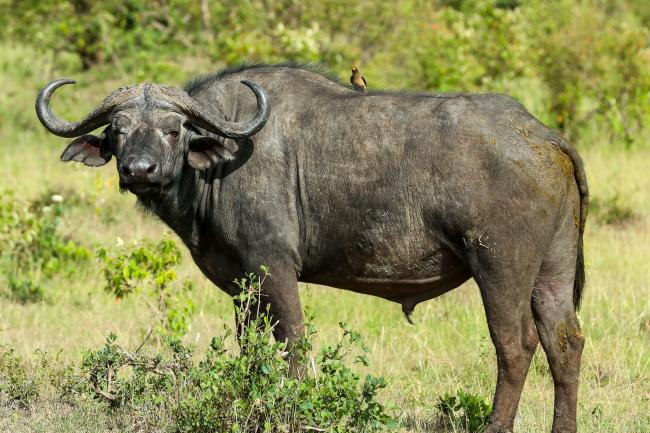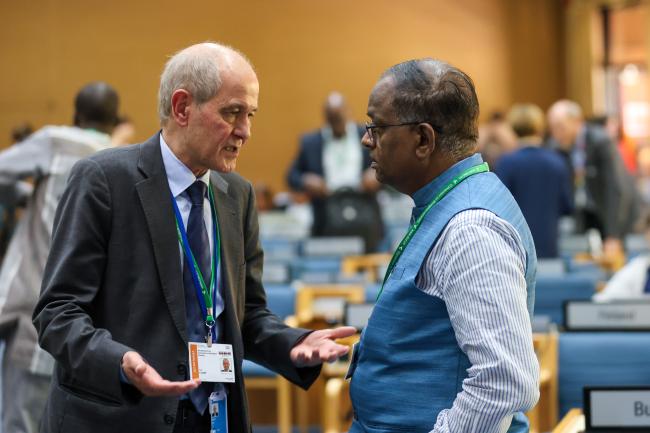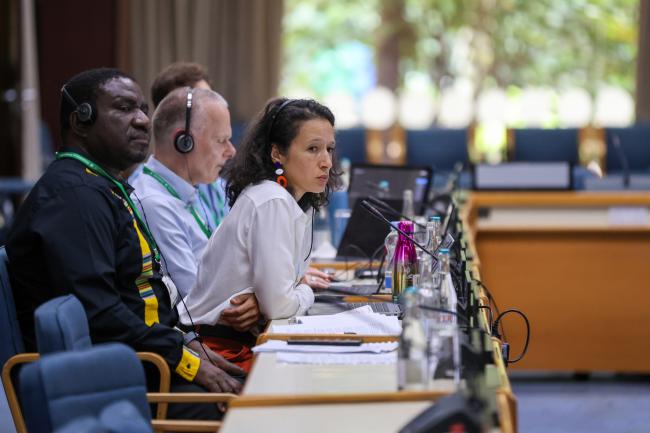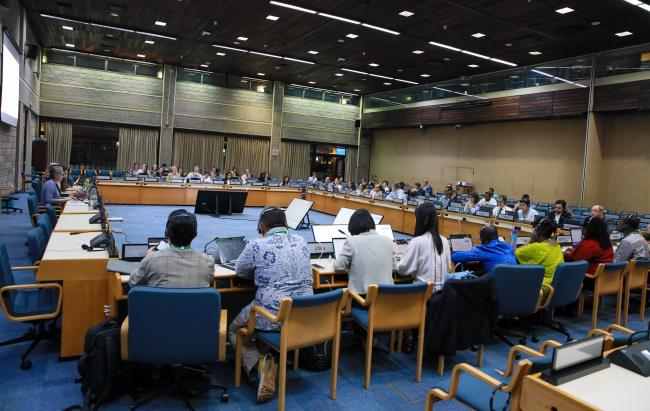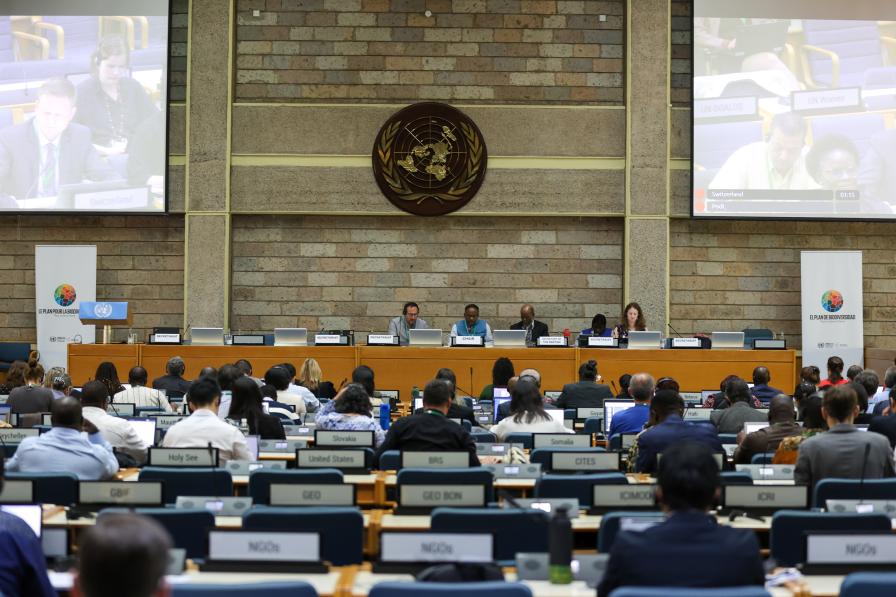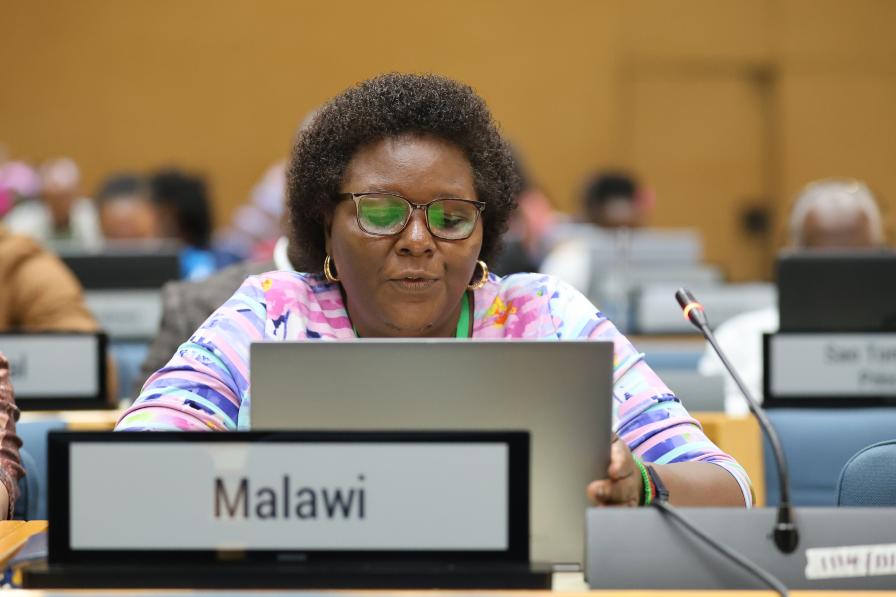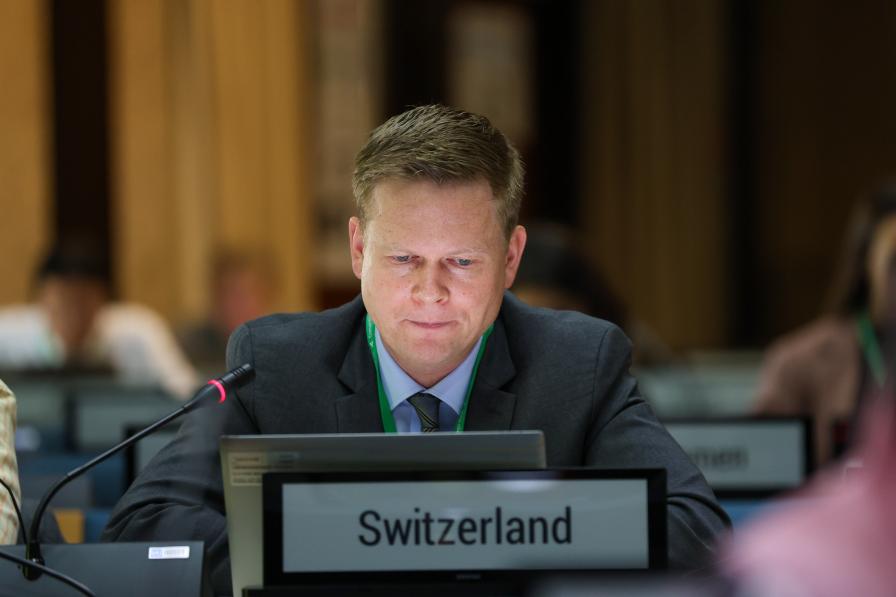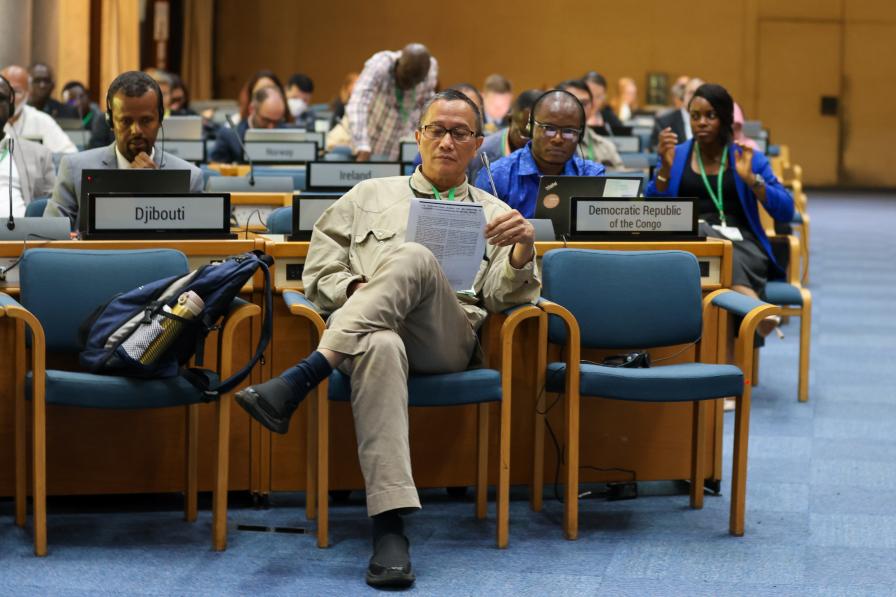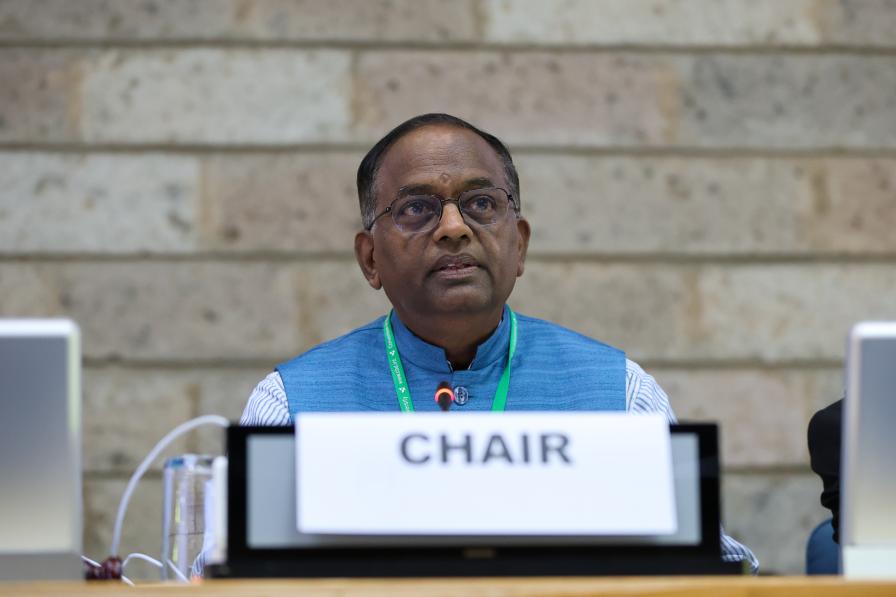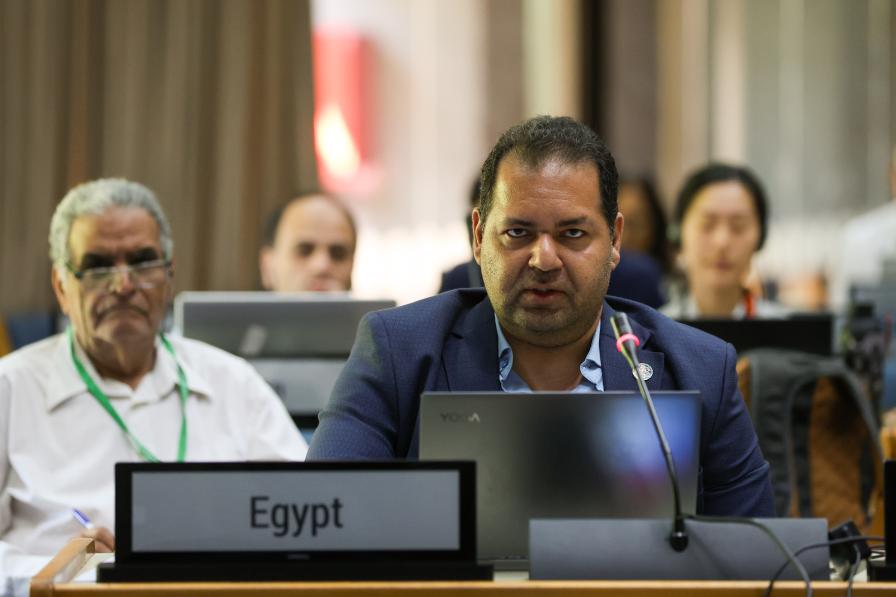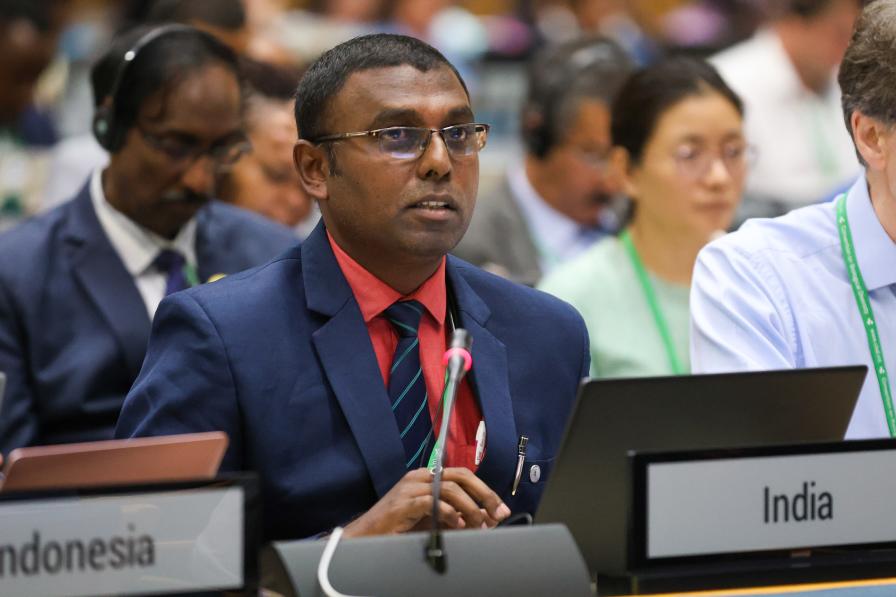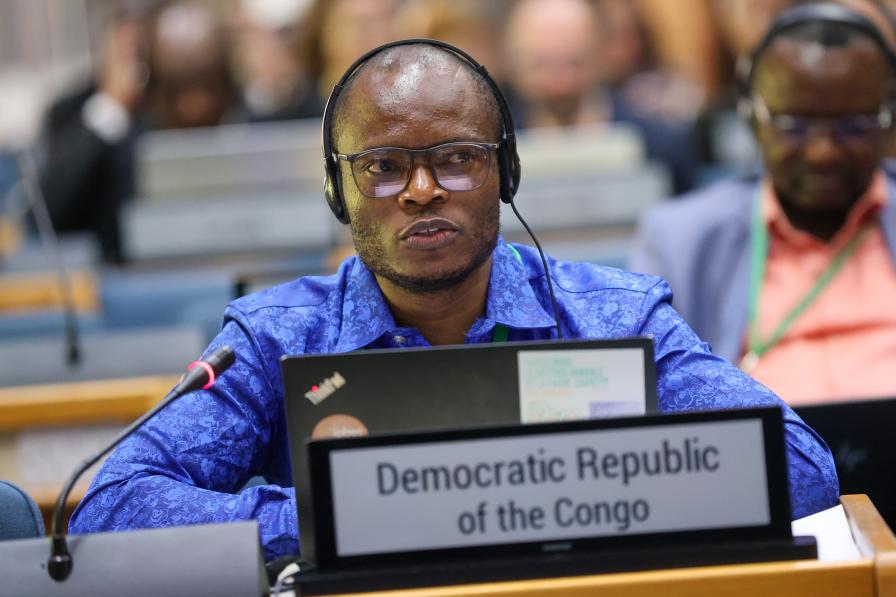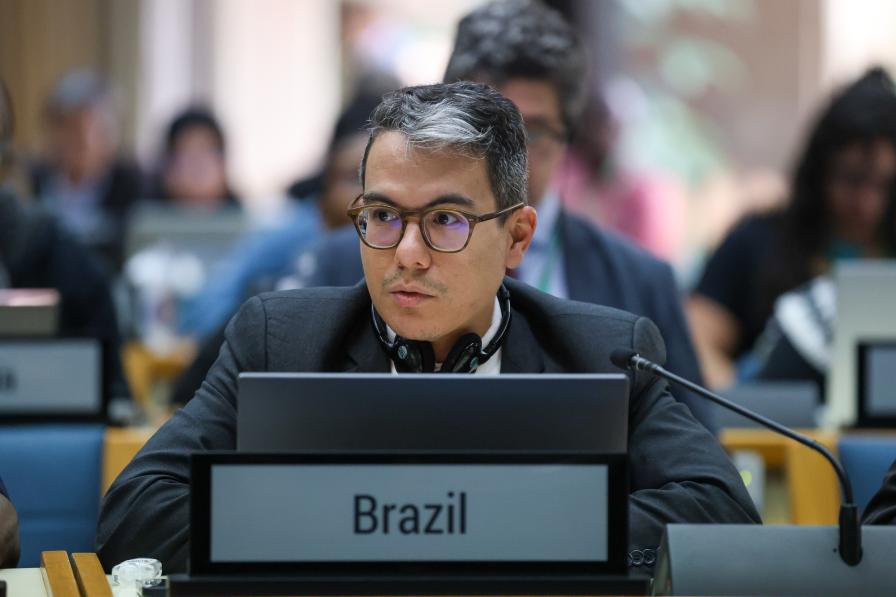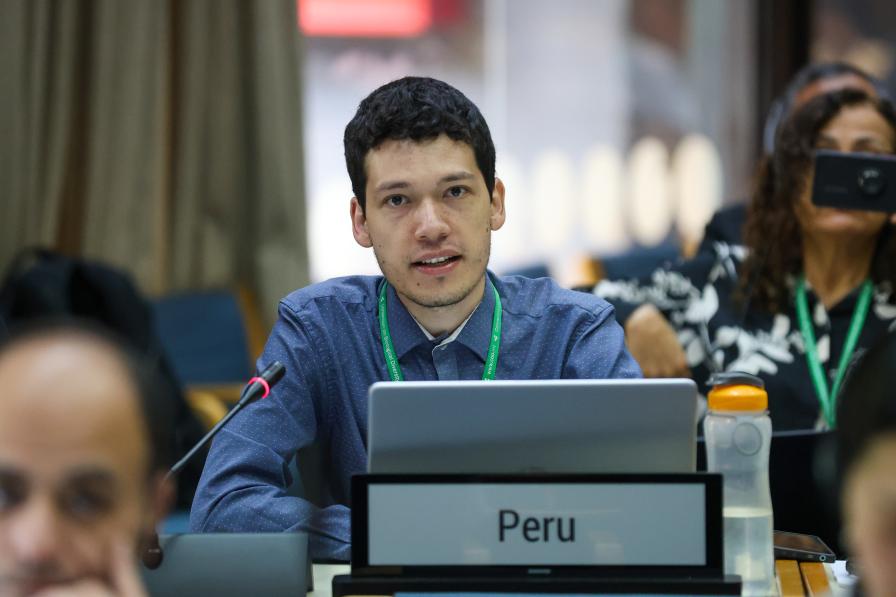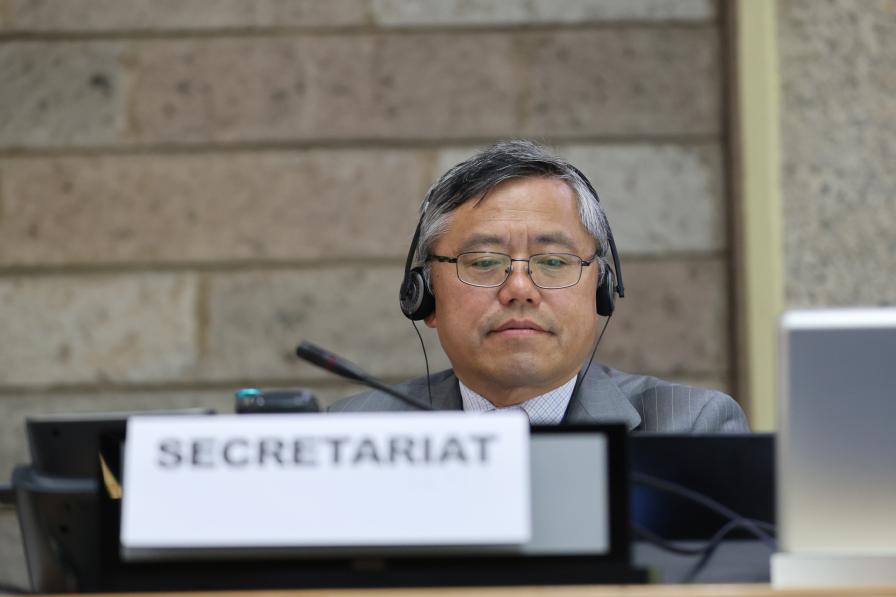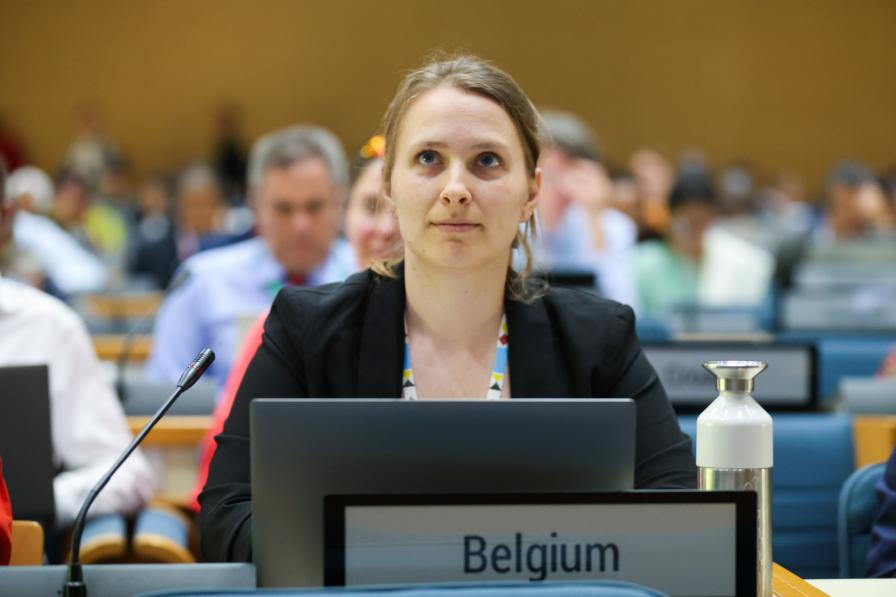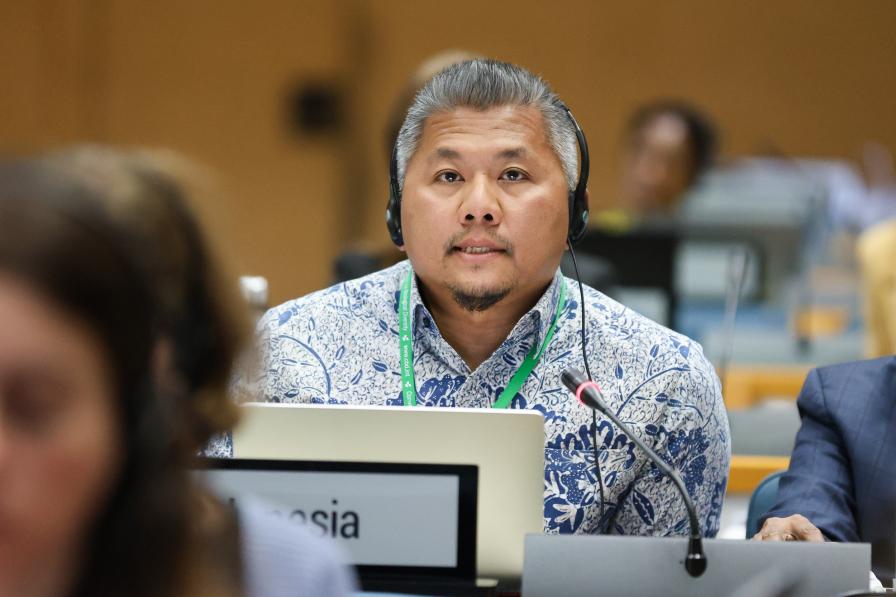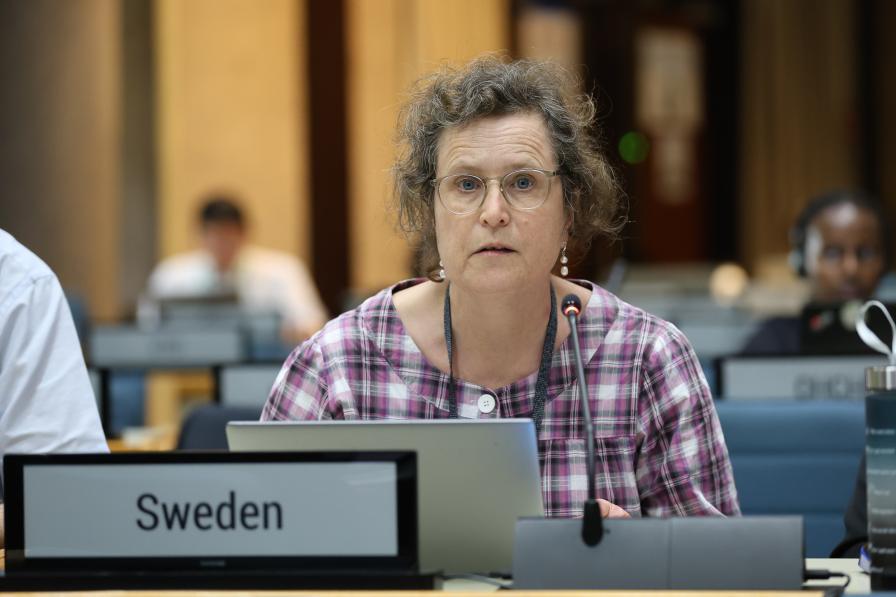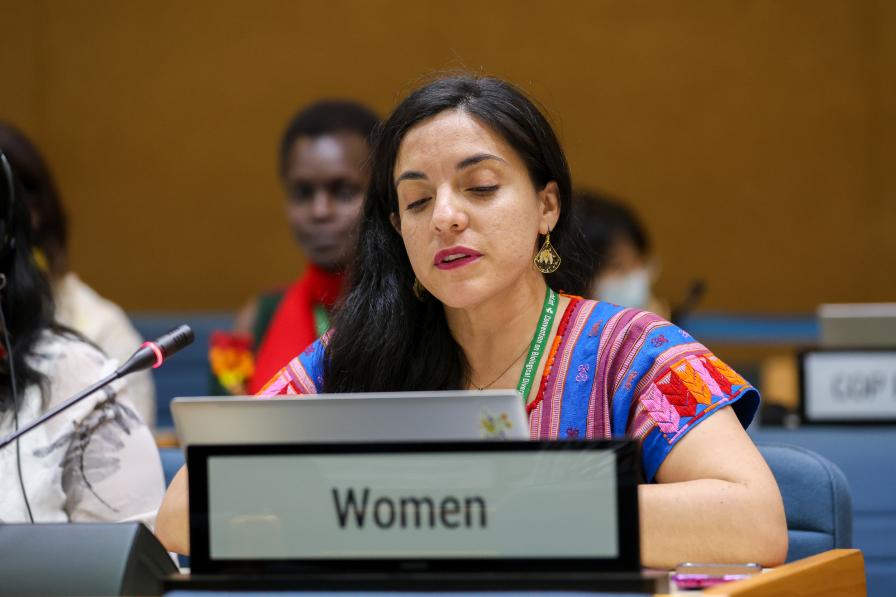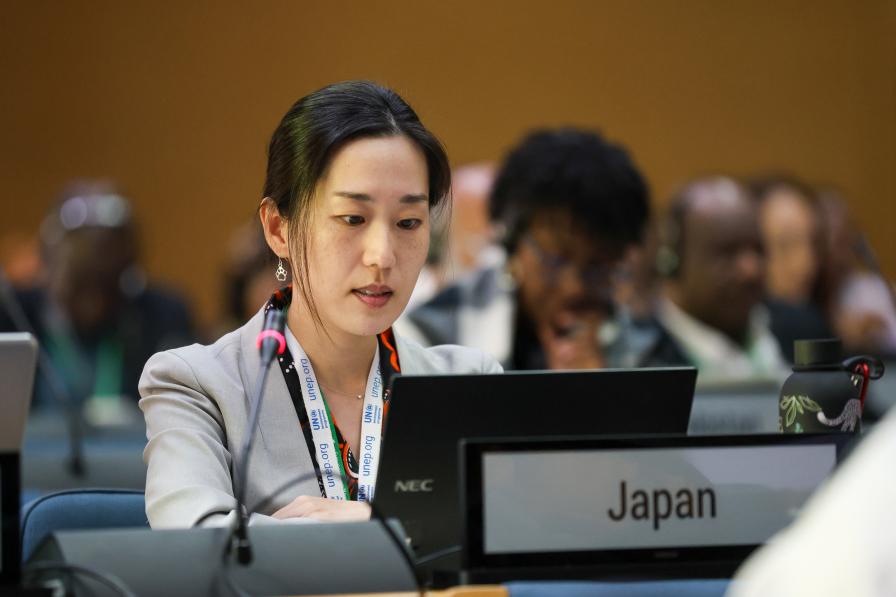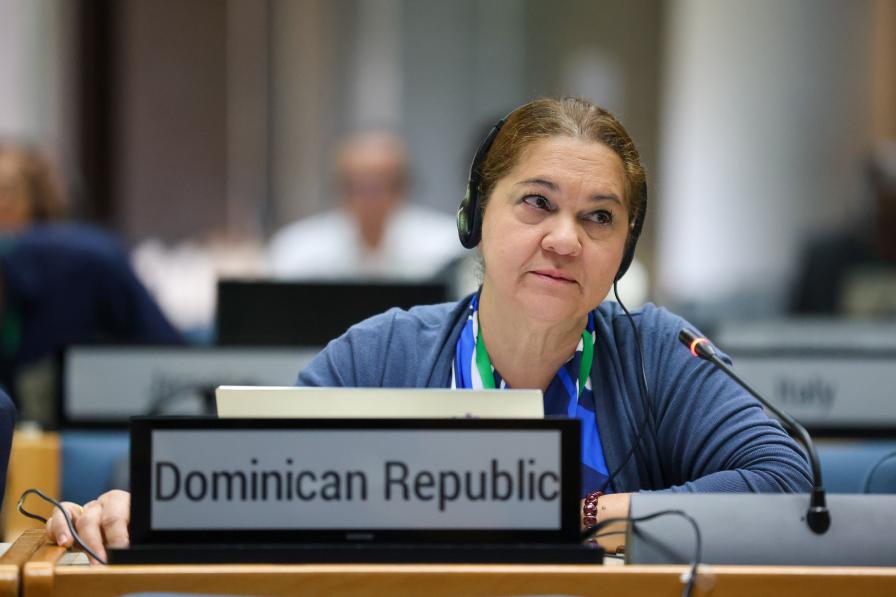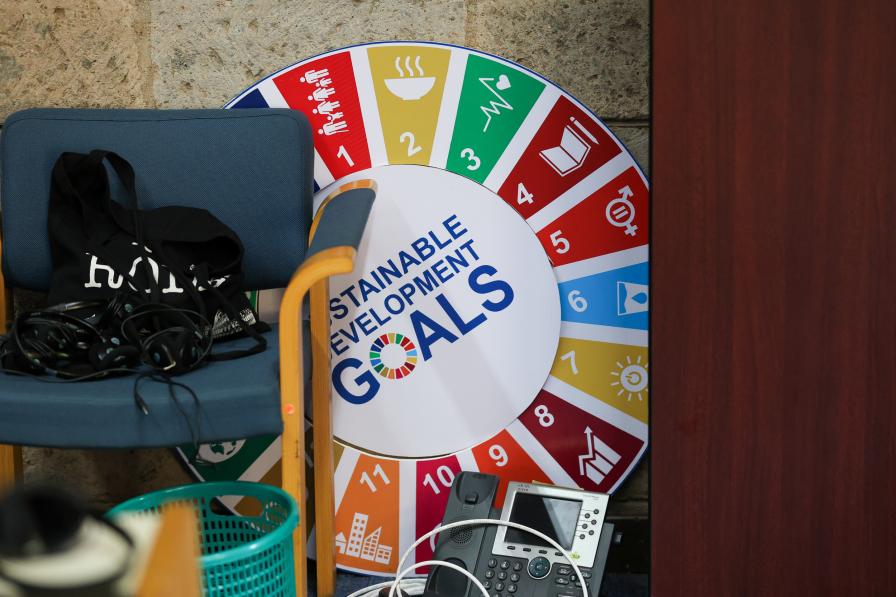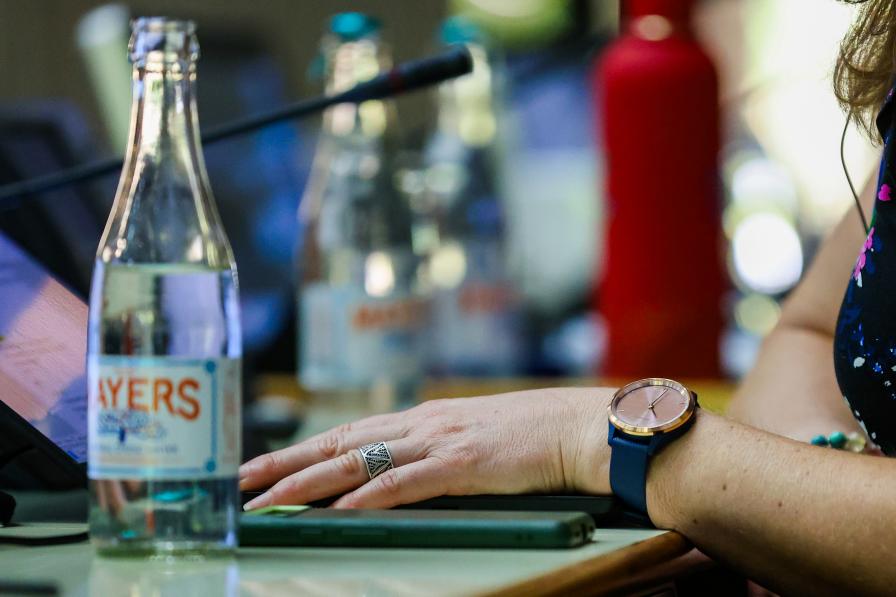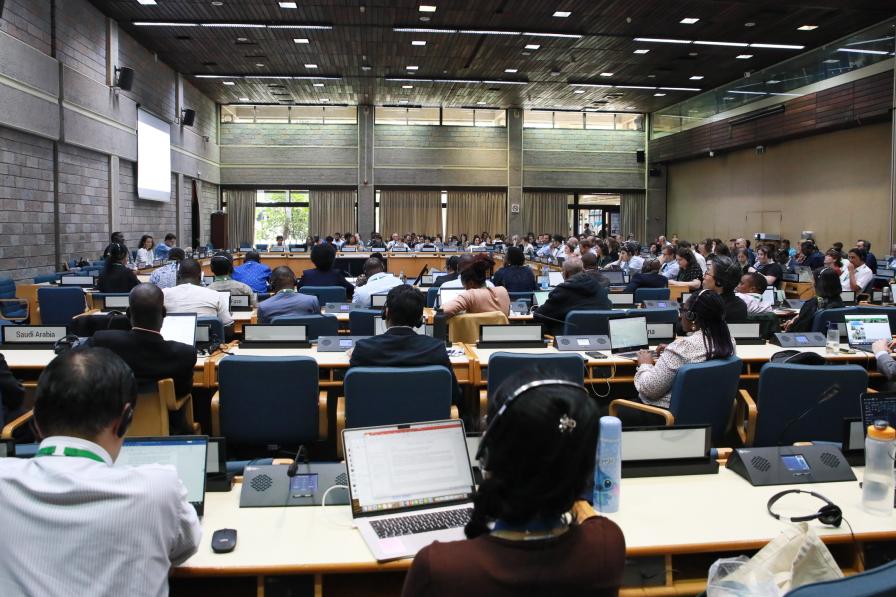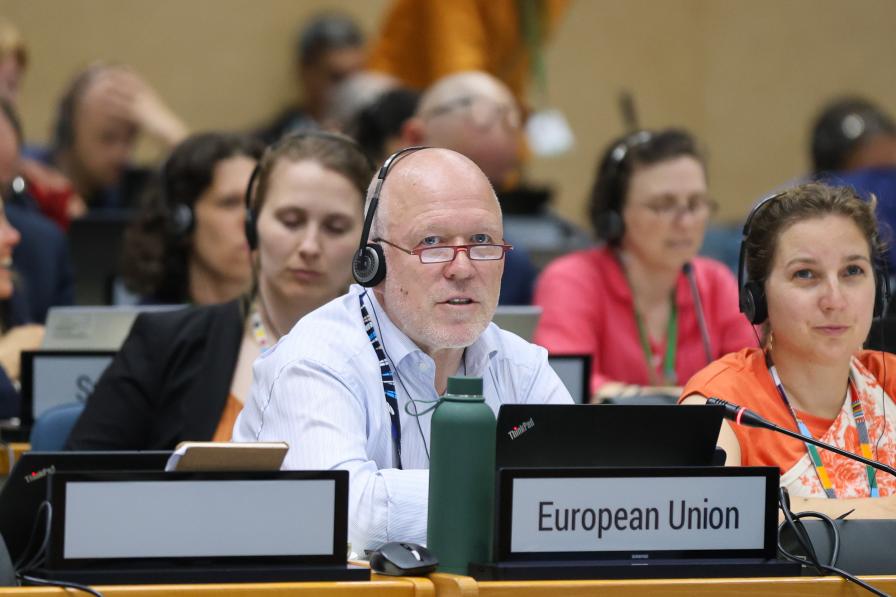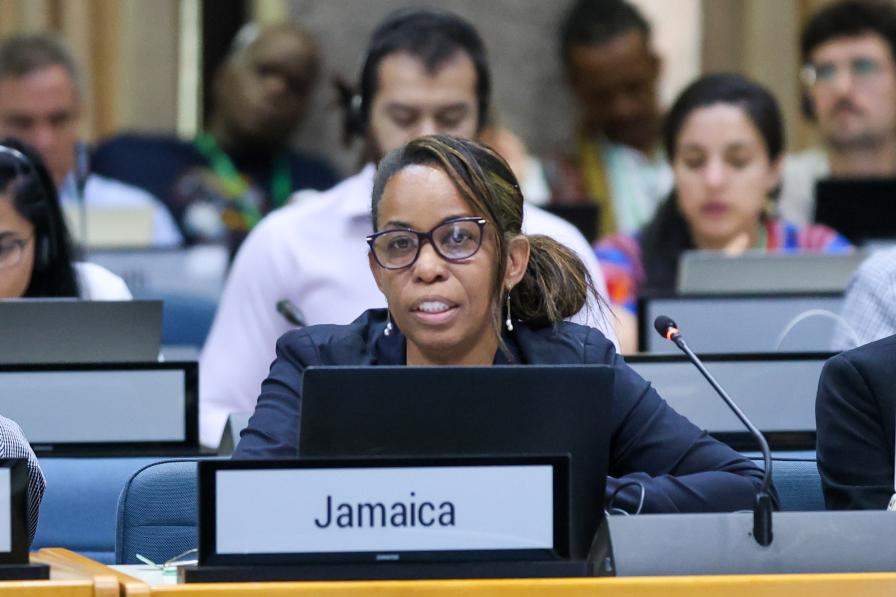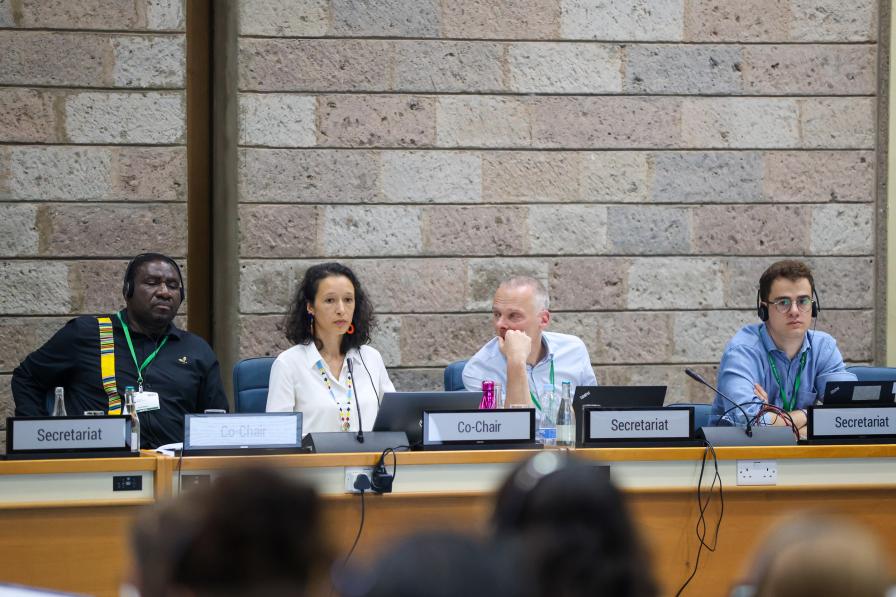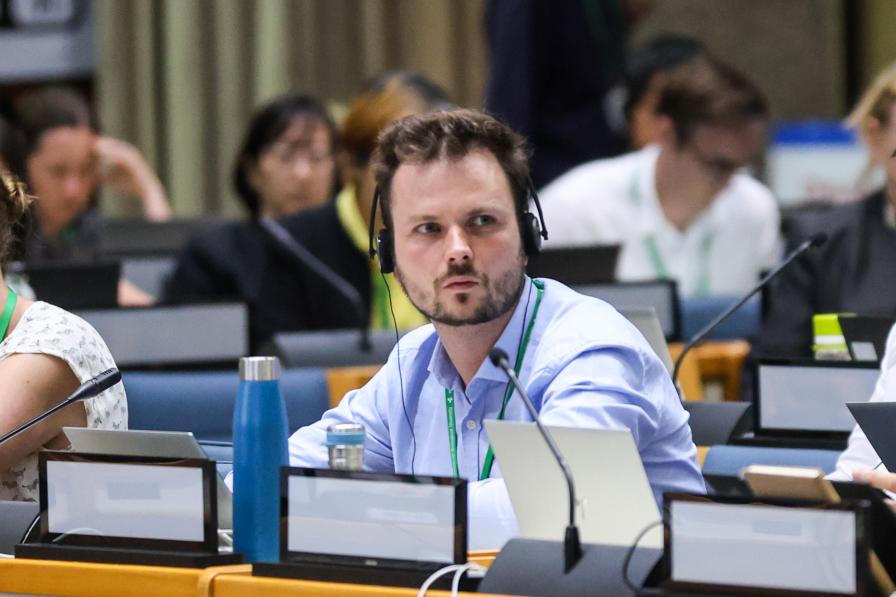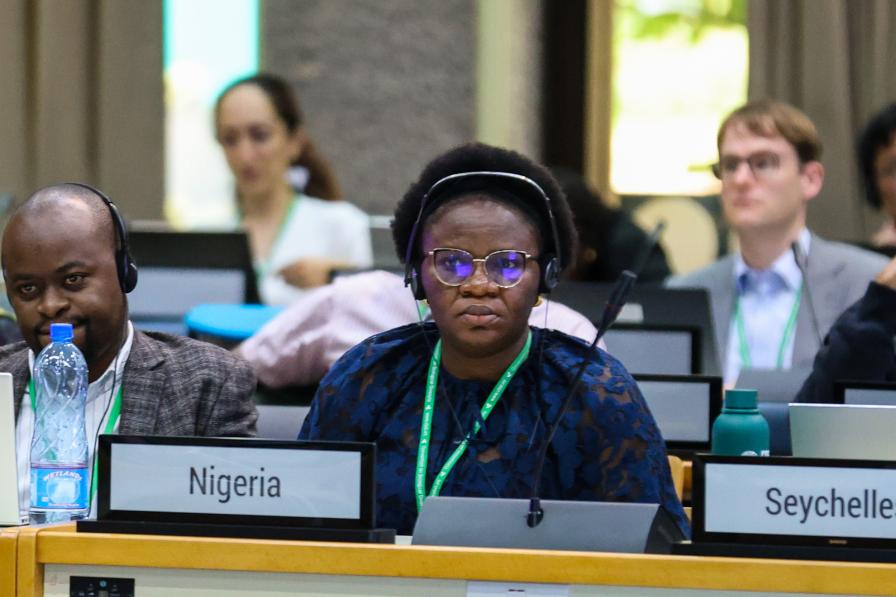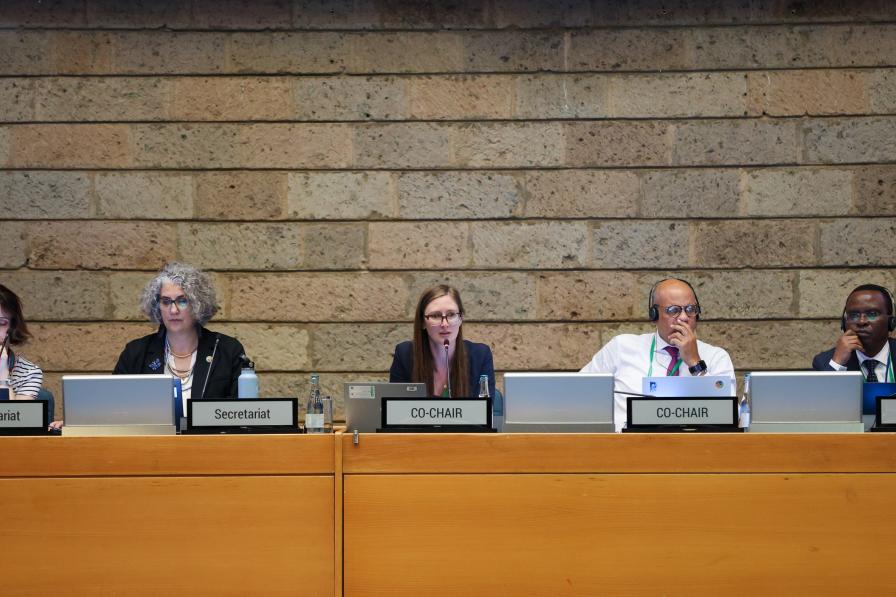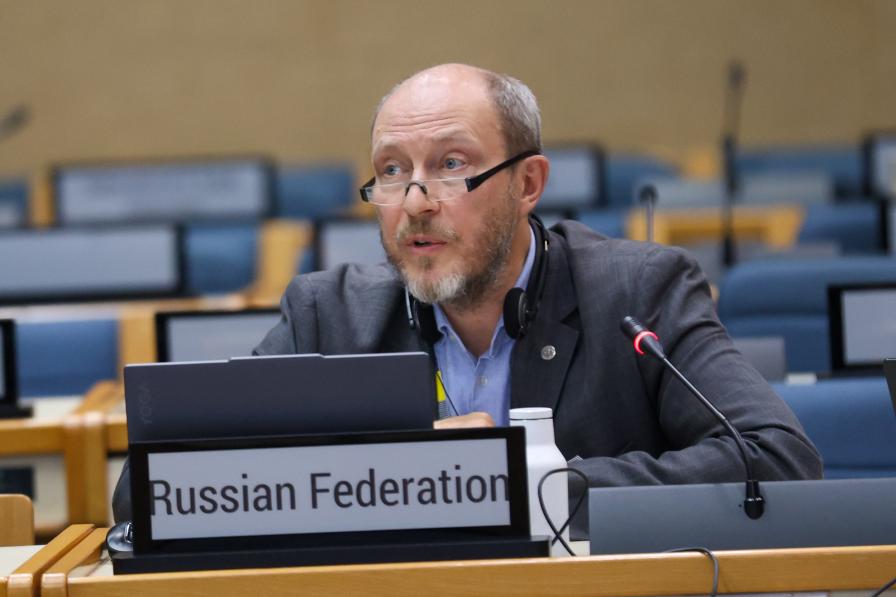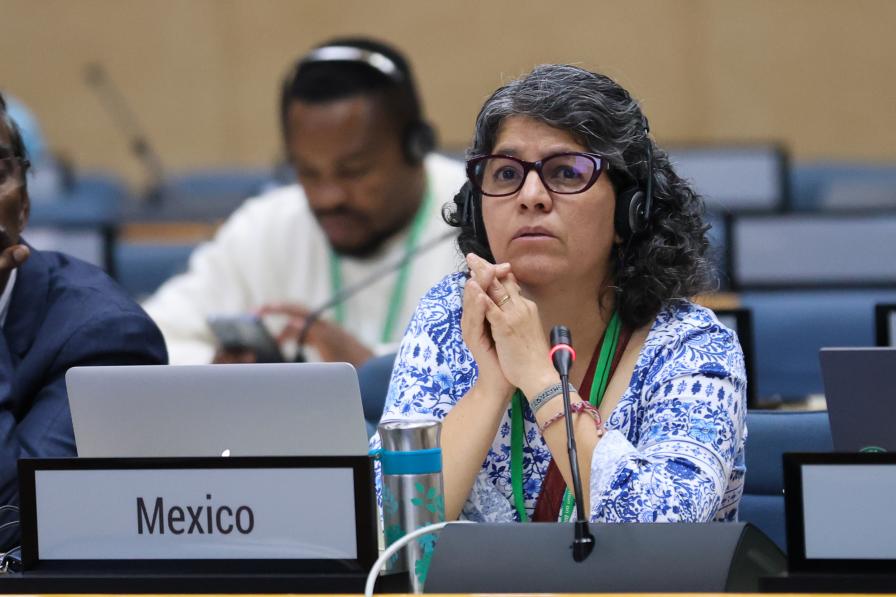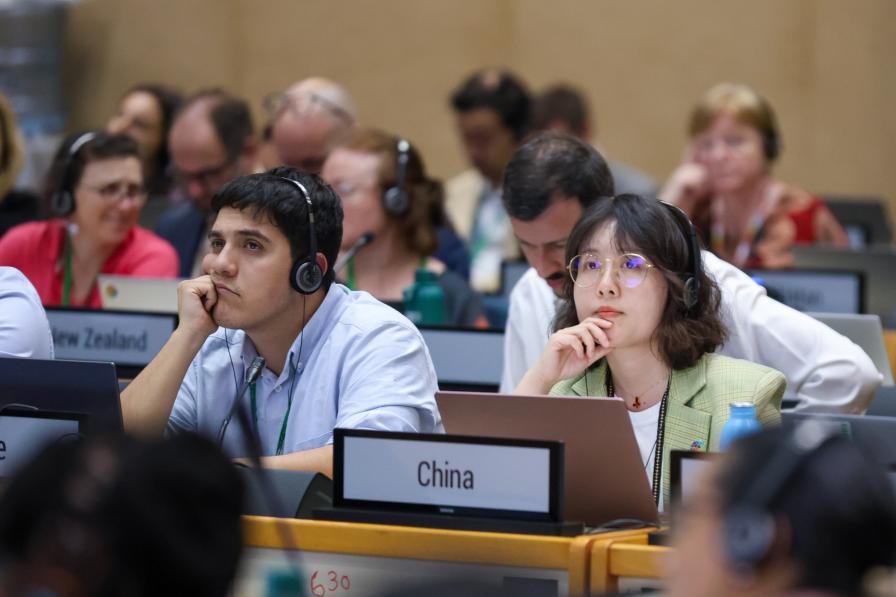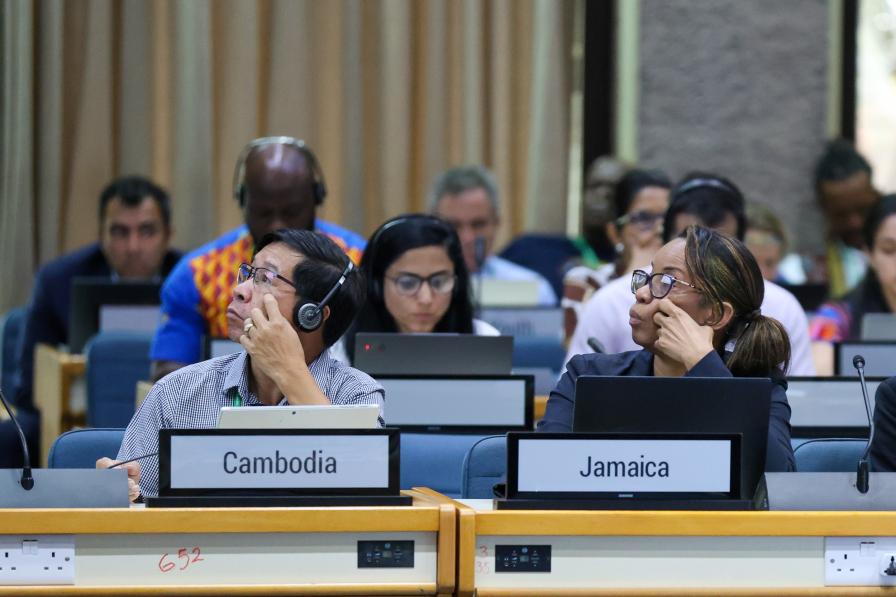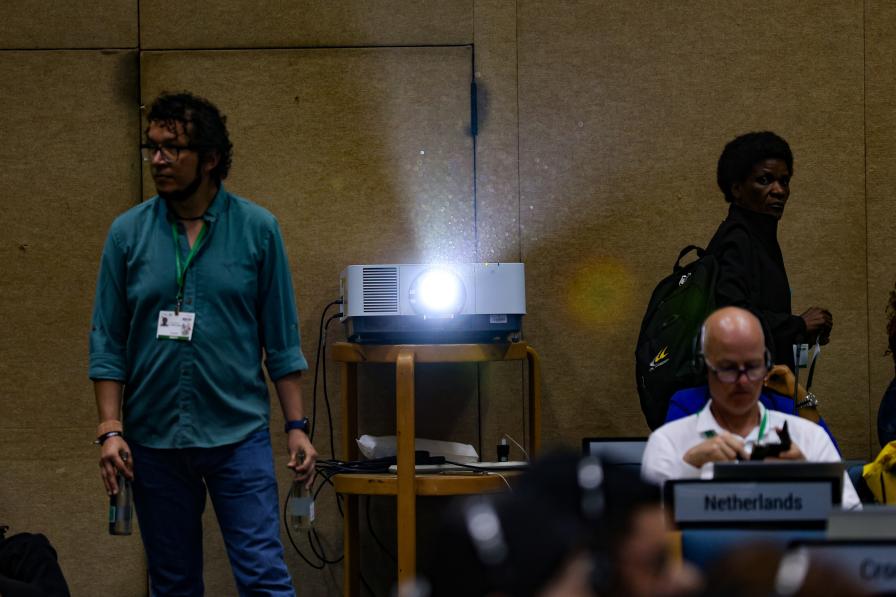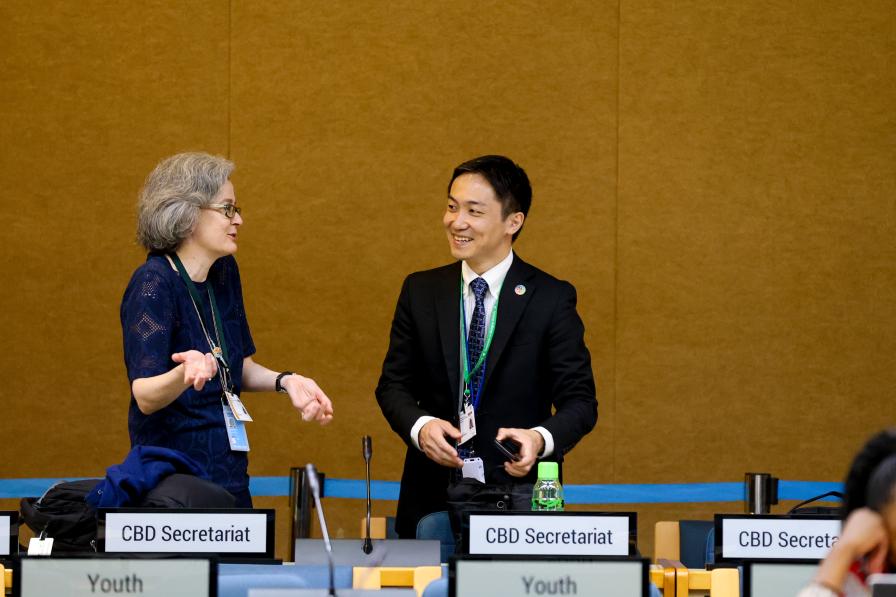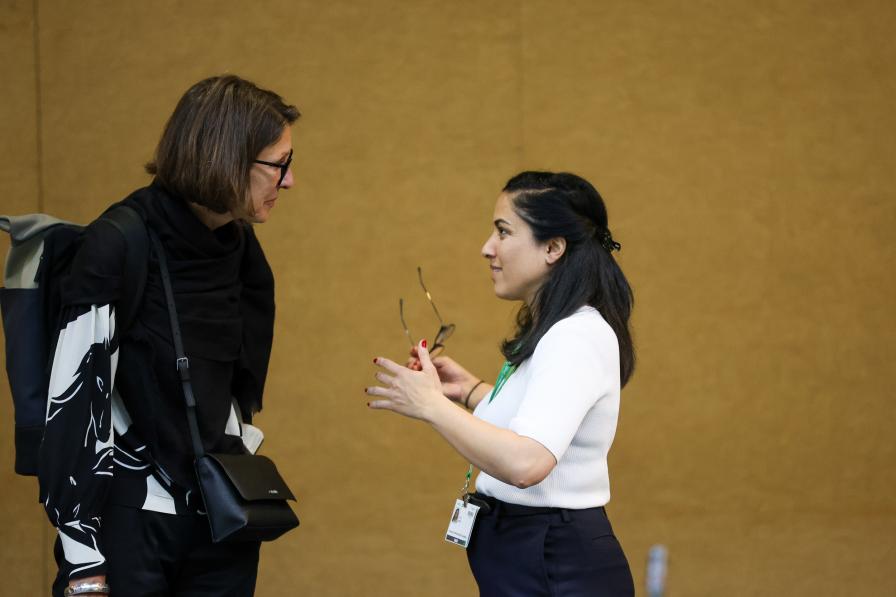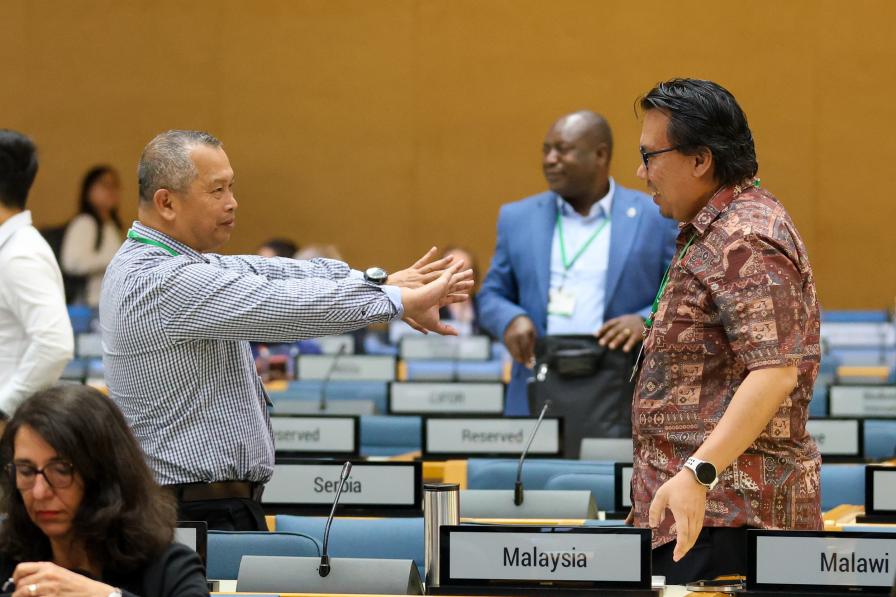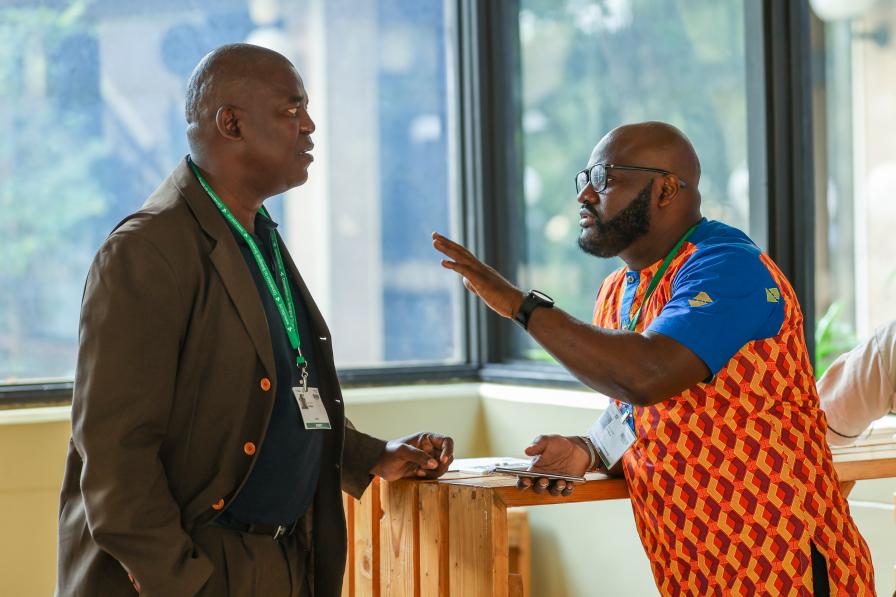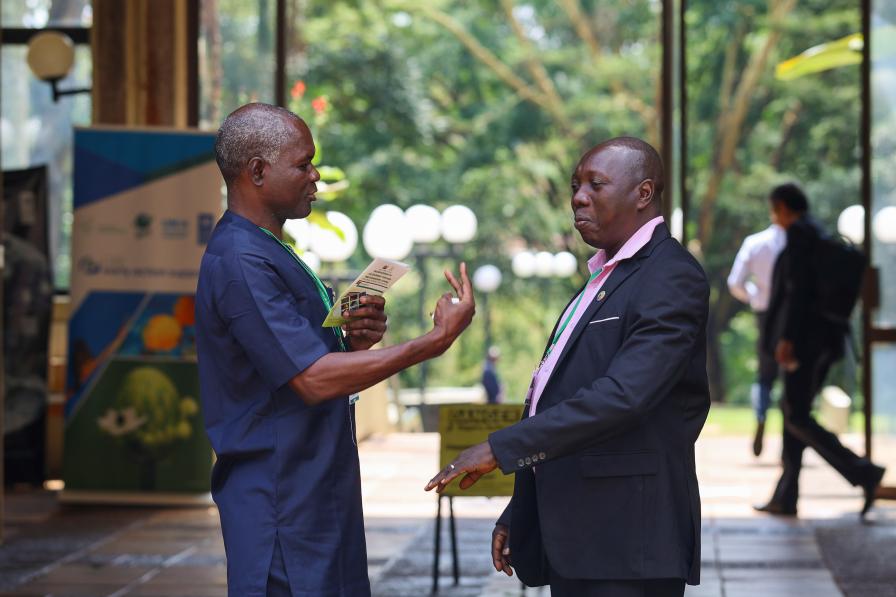Following a much-needed day off on Saturday, delegates resumed their deliberations, concluding the first reading of all items on the agenda of the fourth meeting of the Subsidiary Body on Implementation (SBI 4). Future work under the Convention on Biological Diversity (CBD) took central stage with delegates reviewing its programmes of work as well as the multi-year programme of work (MYPOW) of the Conference of the Parties (COP). They further discussed the assessment and review of effectiveness of the Nagoya Protocol, and administrative and budgetary matters.
Want to dig deeper into today's talks? Read the full Earth Negotiations Bulletin daily report.
On the review of CBD work programmes and the MYPOW of the COP, many delegates stressed the importance of reviewing and assessing progress in implementation and required resources. They supported areas for further work listed under the MYPOW, including: biodiversity-inclusive spatial planning; pollution and biodiversity; and sustainable biodiversity-based activities, products, and services, and the bioeconomy, with some urging further discussions on the concept of bioeconomy. Many further supported work on equity and the human-rights based approach relating to the conservation and sustainable use of biodiversity, with a delegate stressing that other UN bodies are better equipped to deal with human rights issues.
On the assessment and review of the effectiveness of the Nagoya Protocol, a regional group suggested, among others, focusing on operationalizing the multilateral benefit-sharing mechanism as well as benefit-sharing from digital sequence information. Some delegates supported extending the work of the Informal Advisory Committee on capacity building for the implementation of the Nagoya Protocol. On information sources for the analysis, disagreements arose over a reference to reports of the Intergovernmental Committee on Intellectual Property and Genetic Resources, Traditional Knowledge, and Folklore of the World Intellectual Property Organization.
On administrative and budgetary matters, many delegates urged financial support for full and effective participation of developing country parties. Several called for the external, in-depth functional review of the Secretariat, mandated by COP 15, to be completed. They stressed its importance following the adoption of the ambitious Kunming-Montreal Global Biodiversity Framework, noting this has significantly increased the burden placed on the Secretariat’s time and resources. Some highlighted the need for party-led guidance on priority-setting and resource focus. Opinions diverged on the process for future appointments of CBD Executive Secretaries, with some suggesting clarifying the process and others proposing a draft recommendation to enhance transparency, inclusivity, and objectivity.
In-depth negotiations on issues requiring further focus took place in the afternoon and evening in contact groups on: resource mobilization; mechanisms for planning, monitoring, reporting, and review; and capacity building and development.
To receive free coverage of global environmental events delivered to your inbox, subscribe to the ENB Update newsletter.
All ENB photos are free to use with attribution. For CBD SBSTTA 26 and SBI 4, please use: Photo by IISD/ENB Mike Muzurakis.
Plenary Session
Contact Groups
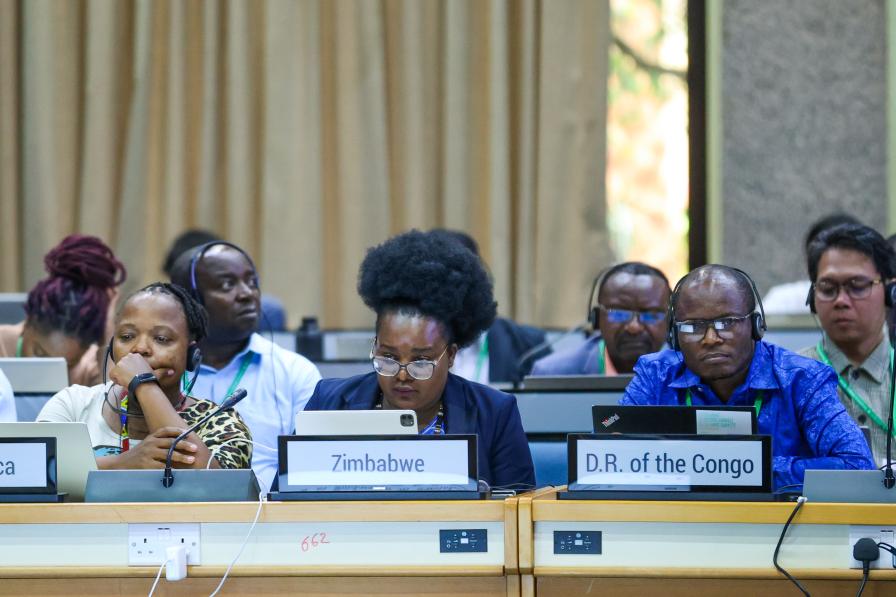
From L-R: Mohlago Flora Mokgohloa, South Africa; Patience Gandiwa, Zimbabwe; and Daniel Mukubi Kikuni, Democratic Republic of the Congo
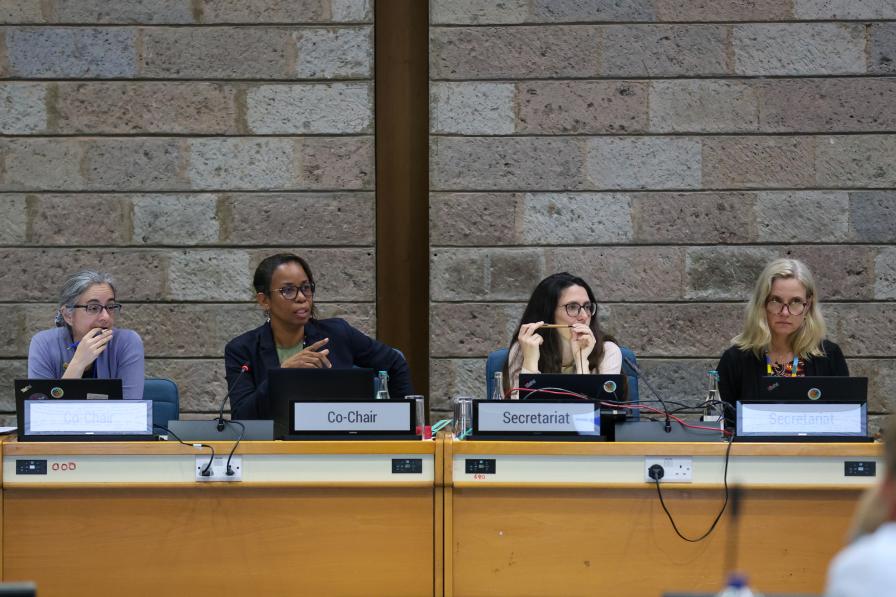
View of the dais during the Contact Group on mechanisms for planning, monitoring, reporting, and review

